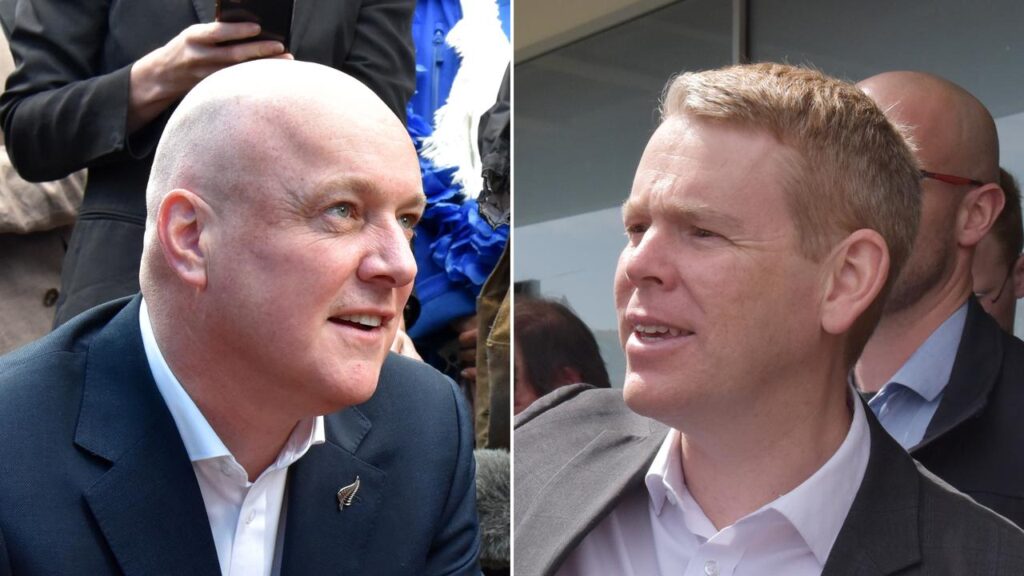NZ Labour apes Albo’s Labor with ‘Medicard’ policy
Ben McKay |

New Zealand’s Labour Party is imitating Anthony Albanese’s campaign win, pledging a Kiwi “Medicard” in a major policy announcement ahead of the 2026 poll.
The NZ opposition has adopted one of Mr Albanese’s most repeated slogans to help them knock out the conservative government after one term.
“Under Labour, New Zealanders will use their Medicard, not their credit card, to see their local doctor,” opposition health spokeswoman Ayesha Verrall said, mirroring language from Australian Labor’s win.
In a repeat of Mr Albanese’s tactic from countless campaign stops earlier in 2025, both Dr Verrall and Opposition Leader Chris Hipkins flashed Medicards for the camera in Wellington on Tuesday.
The Medicard, branded patriotically black with a silver fern, will allow Kiwis to see their GPs for three free visits a year.
Labour is making health a key focus of its bid to win government, given tumult in the sector including staff shortages, cost blowouts and long wait times.
The sting in the tail from Tuesday’s announcement is how they’ll pay for the policy.
To do so, Mr Hipkins has revived a capital gains tax (CGT), which has vexed the party for 15 years, and which he also ruled out during his stint as prime minister.
“Under a government I lead there will be no wealth or capital gains tax after the election. End of story,” Mr Hipkins said in 2023.
Asked why he had changed his mind, Mr Hipkins said, “We lost”.
“I said straight after the election that all options were back on the table,” he said.

Labour’s latest policy would apply a CGT to all residential and commercial properties from 2027, except farms and the family home.
Labour lost the 2011 and 2014 elections with a CGT in their manifesto, before Jacinda Ardern twice ruled it out despite her personal support for it.
Opinion polls suggest a narrow majority of New Zealanders support the tax, which is vociferously opposed by the right-leaning parties National, ACT and NZ First.
Finance Minister Nicola Willis called it a “tax grab which would put New Zealand’s economic recovery at risk”.
“It’s a tax on savings, investment and growth. The complete opposite of what our economy needs,” she said.
Still, New Zealand’s finances certainly are in need of extra revenue.
Chris Luxon’s three-party coalition has set about cutting public spending since taking office in 2023, but is unable to project a surplus in the forward estimates owing to a contracting economy.
Labour will be hoping the tax appeals to Kiwis seeking a more affordable housing market, while also painting the party as more responsible fiscal managers.
It will also allow for cynical politics.
Labour’s unlikely shot at winning the election, due October 2026, involves further attacks on the unloved Mr Luxon, who is extremely wealthy after a career as an international executive.
He owned seven properties when he became prime minister but has sold four, according to the NZ Herald, raking in a tax-free $NZ480,000 ($A423,000) from two sales alone, according to TVNZ.
One of Mr Luxon’s remaining properties is a luxury $NZ7 million ($A6.2 million) holiday home at Onetangi Beach on Waiheke Island, near Auckland.
The NZ Herald reports the property was first valued at $NZ10.5 million ($A9.2 million) but Auckland Council dropped the valuation under objection, providing Mr Luxon rates relief of about $NZ25,000 ($A22,000) a year.
AAP